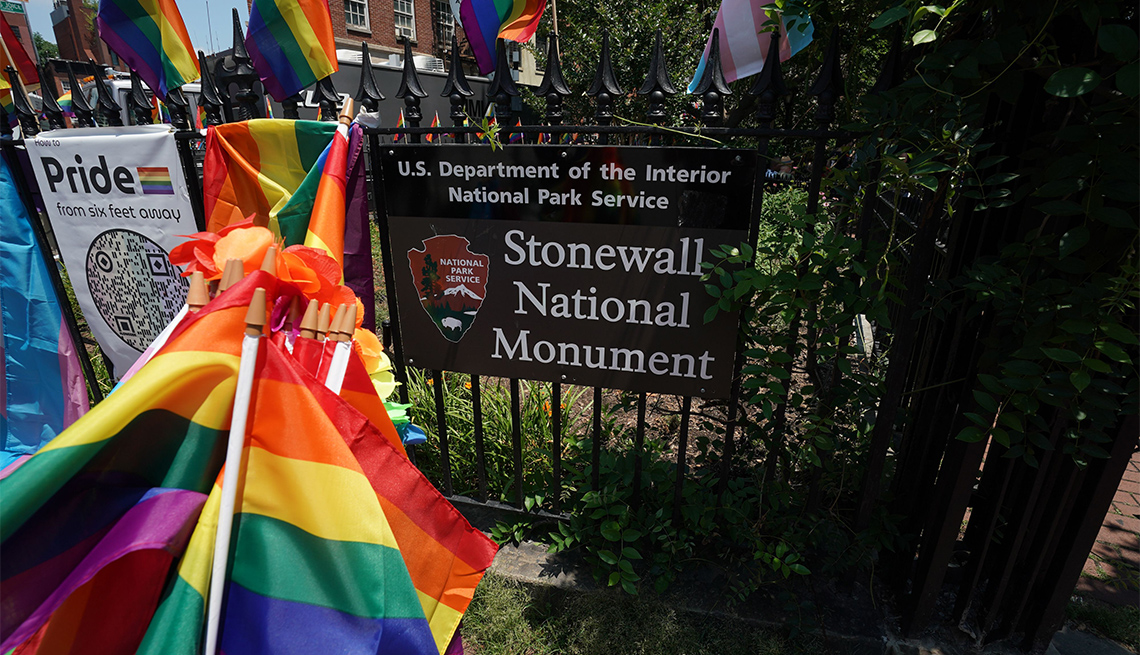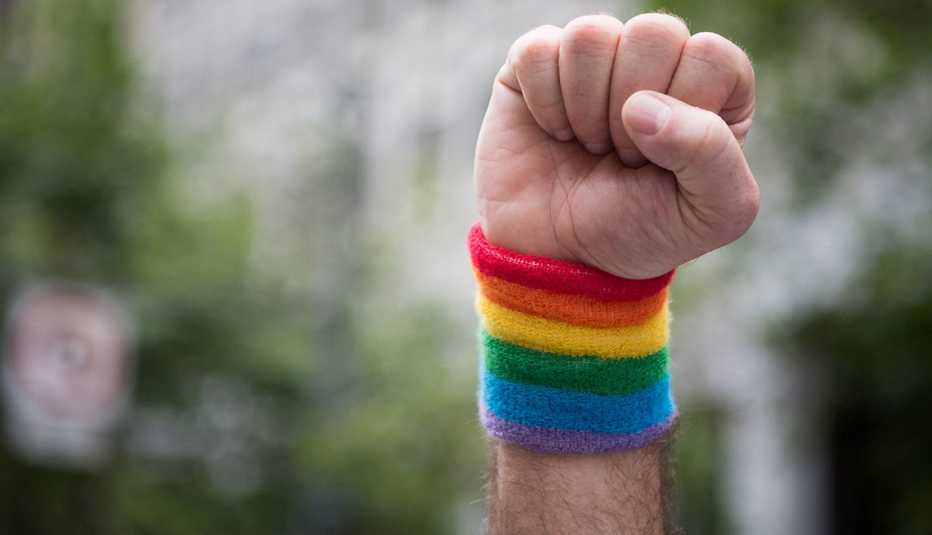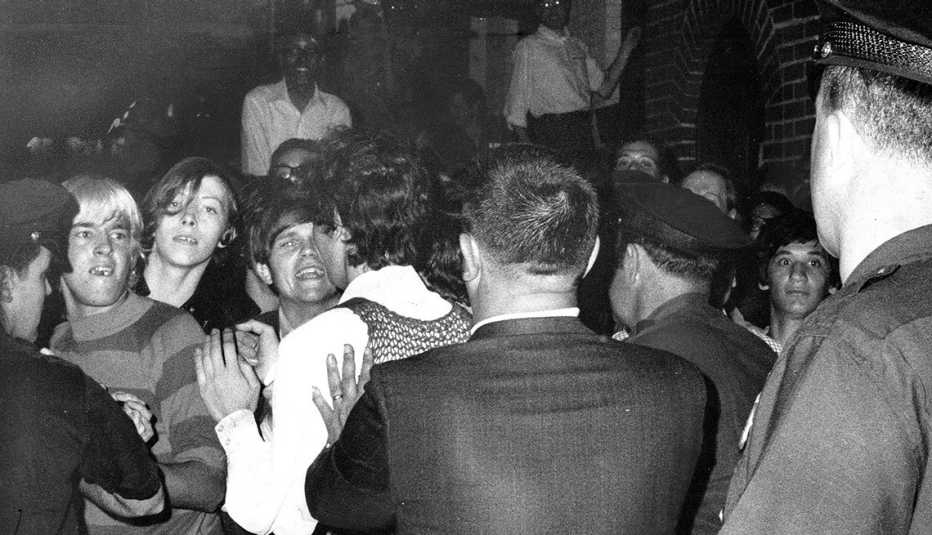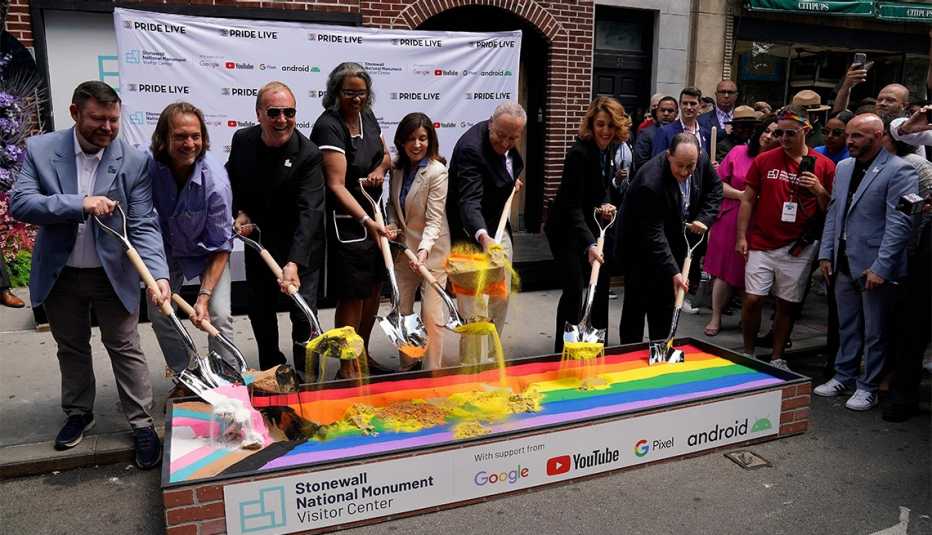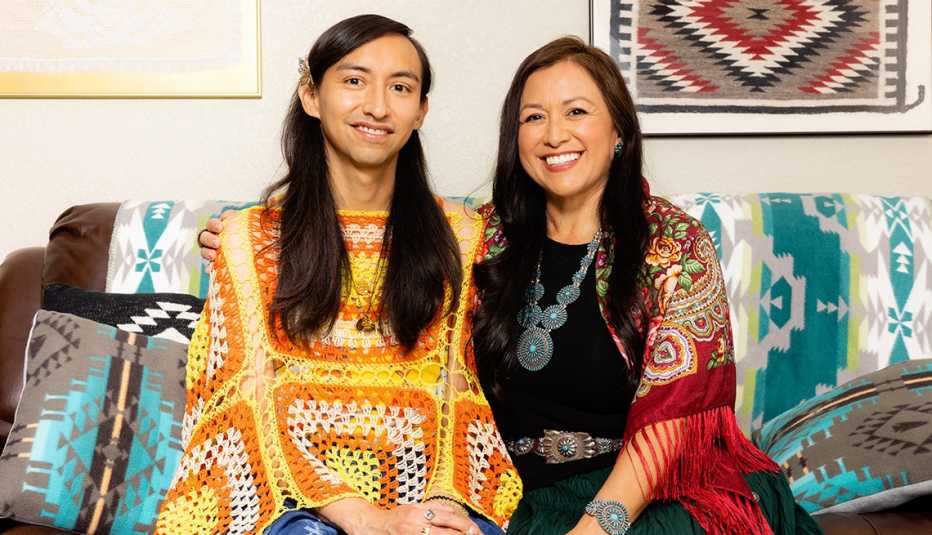Staying Fit
The Stonewall uprising, which took place more than 50 years ago, kicked off a wave of LGBTQ activism in the battle against discrimination. A new visitor center will celebrate that history and help those who come to see the Stonewall National Monument understand the significance of the event.


AARP Membership— $12 for your first year when you sign up for Automatic Renewal
Get instant access to members-only products and hundreds of discounts, a free second membership, and a subscription to AARP the Magazine.
The Stonewall National Monument Visitor Center is scheduled to open in New York City in the summer of 2024. A June 24 groundbreaking kicked off the project.
The 3,700-square-foot visitor center will be the first LGBTQ facility of its kind within the National Park Service, according to Pride Live, an LGBTQ advocacy group overseeing creation and fundraising. The center will be located next door to the Stonewall Inn bar, where the uprising occurred in 1969 and which was designated as a U.S. national monument in 2016. It’s the first national monument dedicated to LGBTQ rights and history.
“The designation as a national monument and the opening of this visitor center will memorialize their important legacy in the gay rights movement, and we hope will inspire future generations to continue fighting for LGBTQ+ equality,” said Ann Marie Gothard, president of the Pride Live board of directors, in a statement.
AARP is one of the founding members of the project, said Shani Hosten, vice president of audience strategy in the AARP Office of Diversity Equity & Inclusion. “Stonewall was a watershed moment for the LGBTQ+ community,” she said. The visitor center “will ensure a continued commitment to the fight for progress and equity for all LGBTQ+ Americans.” Funded by donations, the visitor center will offer an immersive experience, with in-person and virtual tours, lectures and exhibits, according to Pride Live.
Uprising history
By all accounts, the night of Friday, June 27, 1969, started out like any other at New York City’s Stonewall Inn, a popular gathering spot for the gay community. It wasn’t even out of the ordinary when police stormed the bar around 1 a.m. — raids were common at a time when LGBTQ life was criminalized and acts like same-sex dancing or hand-holding could lead to arrest.



























































